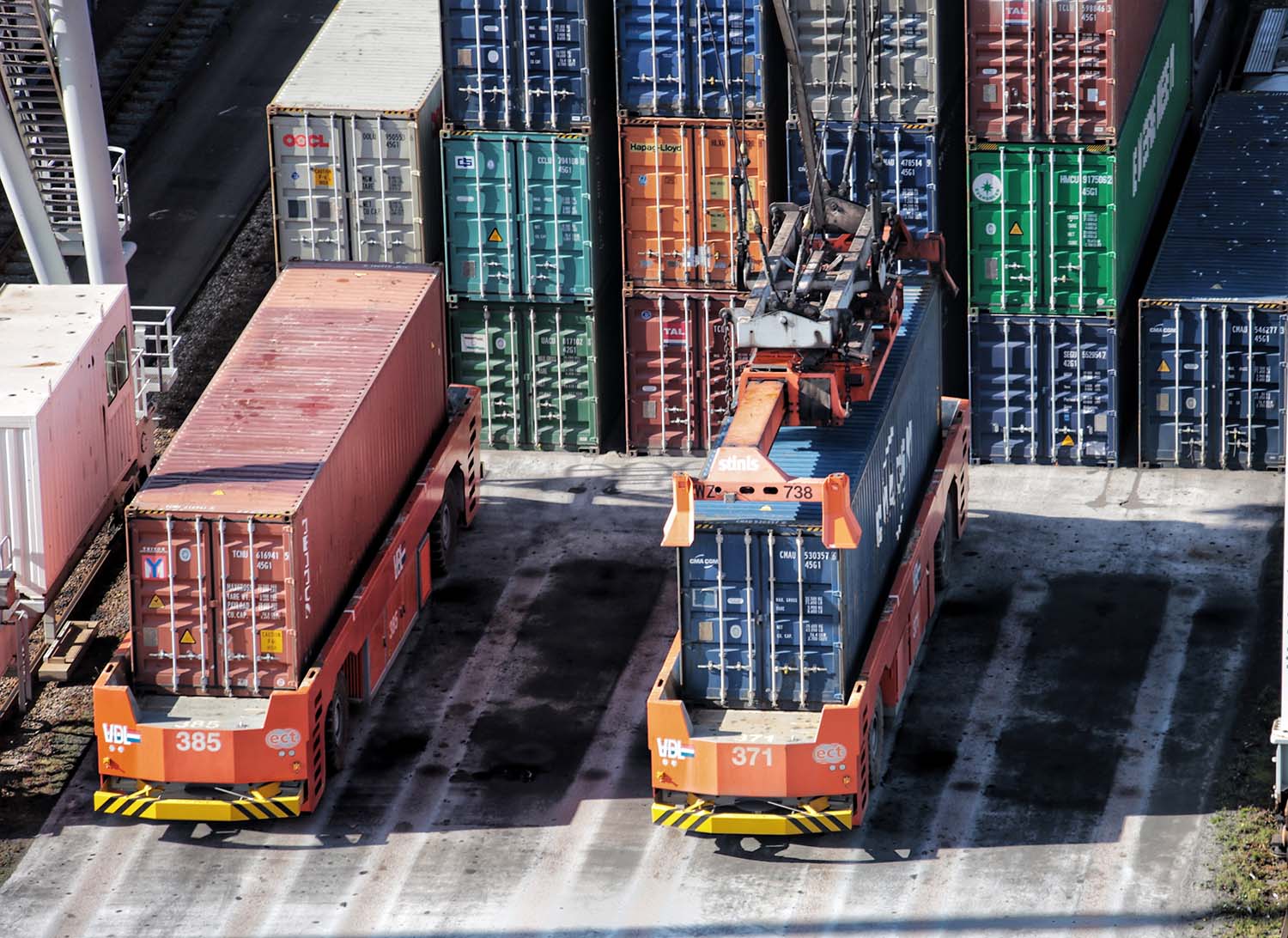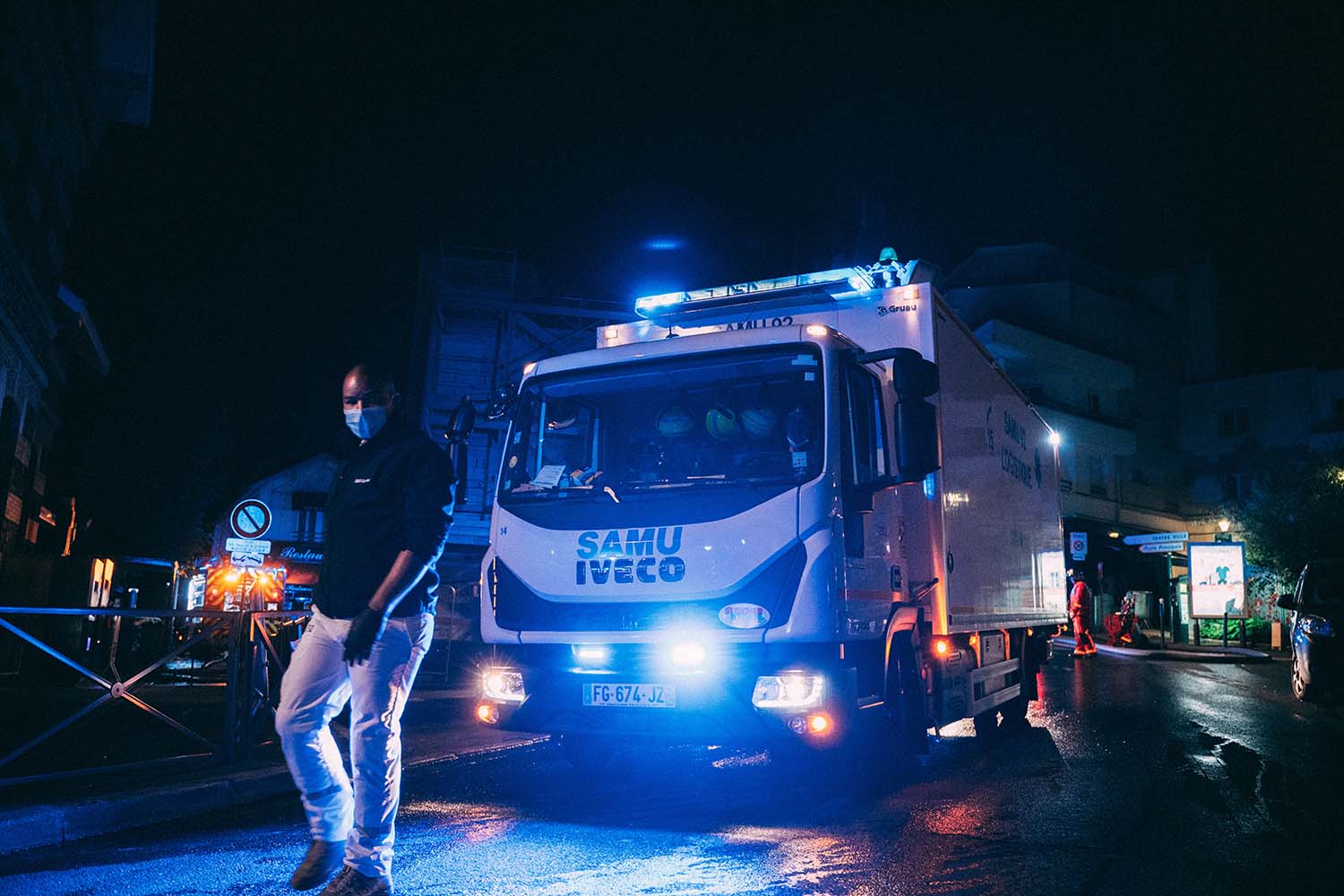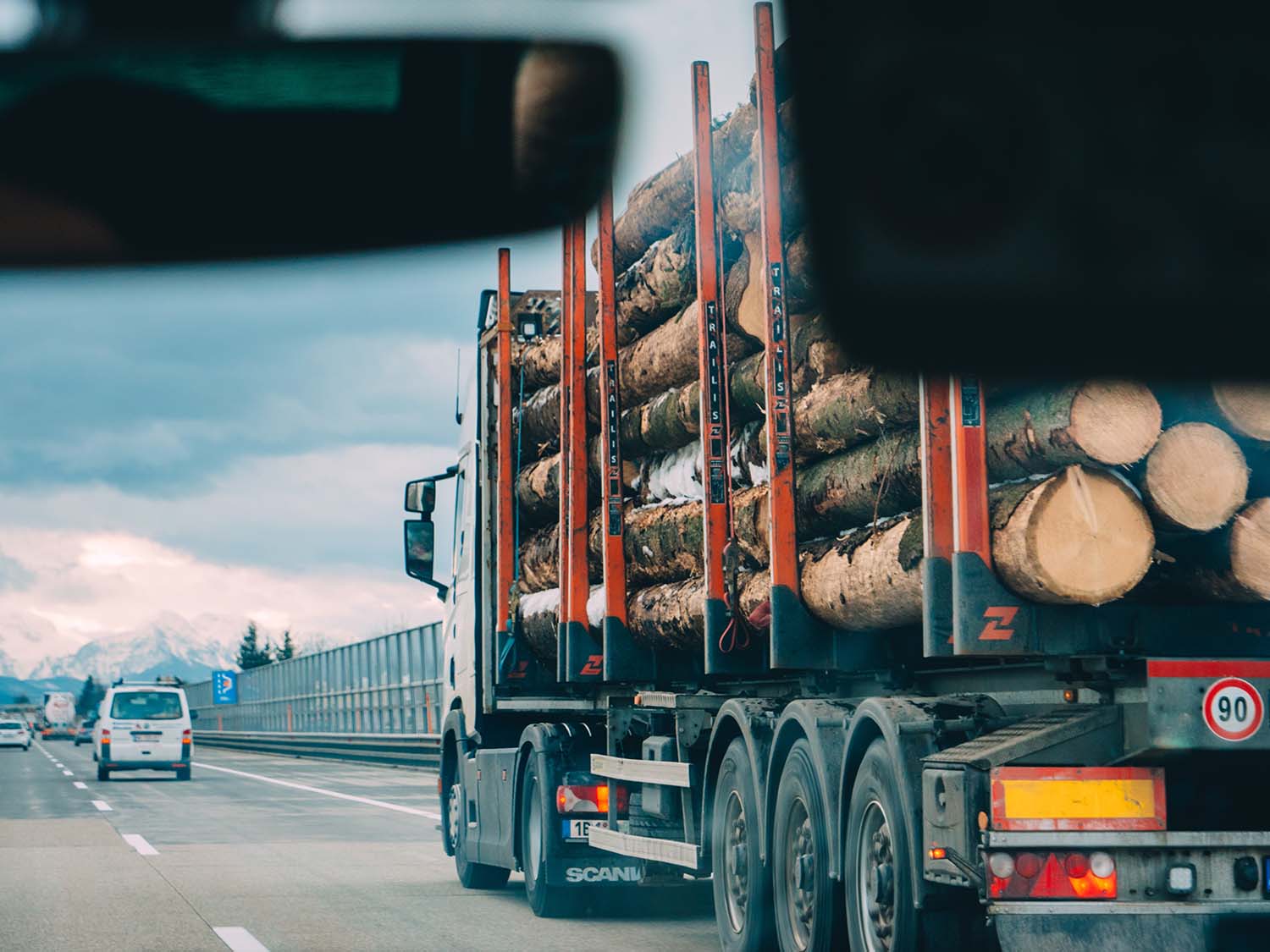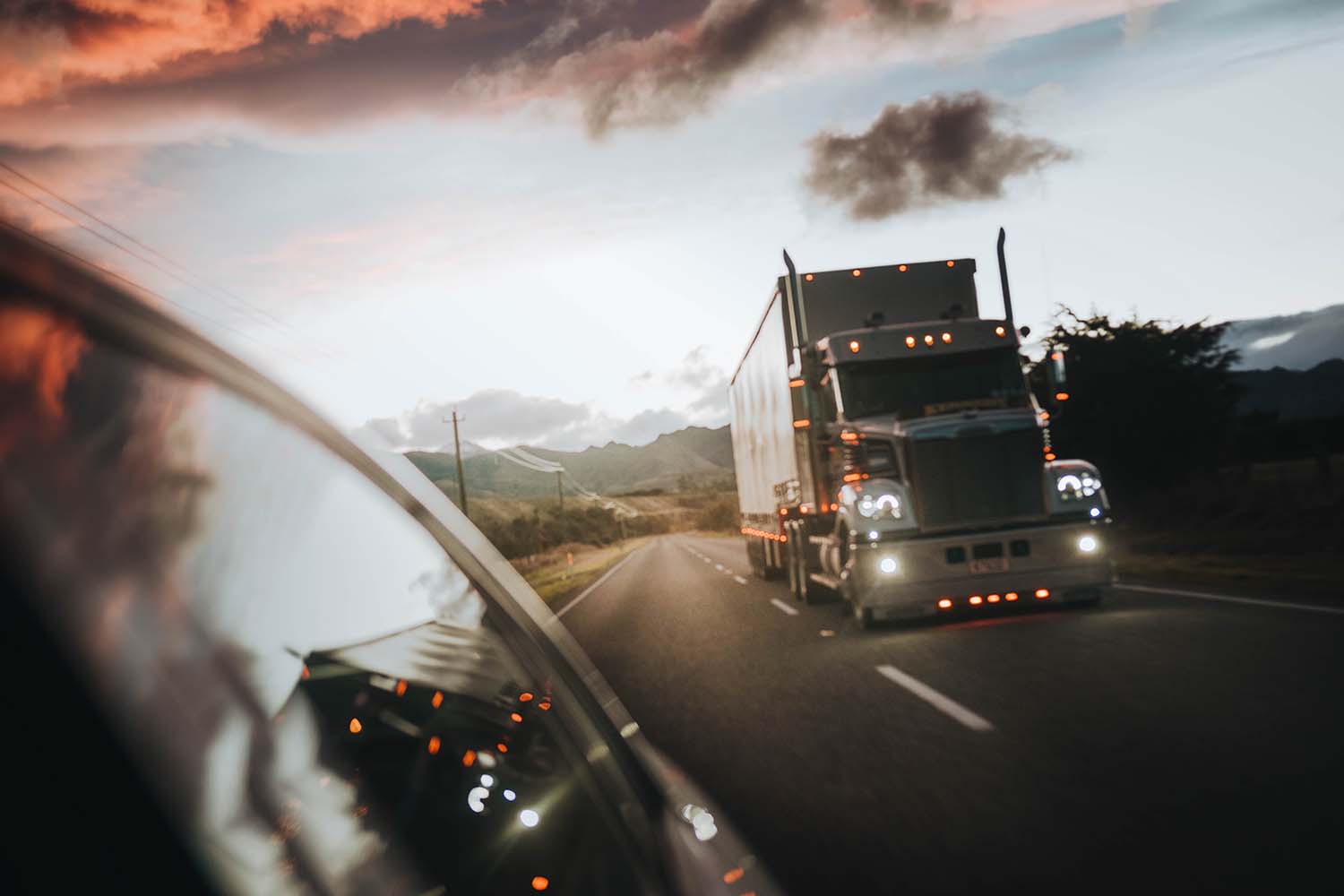Starting a new business can be exciting and fulfilling. But there’s no doubt it can also get confusing along the way. Whether you plan to be an owner-operator or have your own small trucking business, you’ll need to satisfy many requirements before you’re allowed to get on the road. One such requirement is insurance: a confounding thing that can leave many scratching their heads. Insurance is one thing. But insurance for trucking business? That’s something else. Let’s see if we can make it a little simpler.
In the trucking business, federal laws require you to have a certain amount of primary liability coverage before you are even allowed on the road. While primary liability does offer you a certain level of protection, you may want additional coverage to help you protect your investment and keep your business running if something unexpected happens.
If you just want to pay for one policy and have it provide you with all the protection you need, you can opt for full coverage truck insurance. However, full coverage policies can sometimes include coverages for things you might never need. And that means you could be paying a higher price for unnecessary protection.
Customising your trucking insurance coverage can help you keep your premiums lower without compromising your security. Here are the different types of commercial trucking insurance coverage to help you understand what you may need.

Photo, Bernd Dittrich.
Primary Liability
The federal government requires people in the trucking industry to meet primary liability coverage minimums. Each of your trucks, including any leased vehicles, must carry primary liability insurance. This type of insurance covers any injuries or damage your vehicle may cause to people or property in the event of an accident.
Some states may also have different primary liability coverage minimums. Check your state’s rules to ensure you meet both state and federal regulations.
General Liability
While federal laws require primary liability coverage, each state requires you to carry general liability coverage. General liability coverage protects you and your business from lawsuits and litigation that may arise from circumstances that occur during your day-to-day operations. Insurance for trucking business is no different.
General liability insurance protects people who might injure themselves on your equipment or property. Because your drivers and employees represent your company, general liability coverage also protects your business from any actions your drivers might perform while at truck stops, leading docks, other people’s premises, and more.

Photo, Mat Napo.
Physical Damage
As the name might suggest, physical damage coverage will help pay for any repairs your truck or trailer might need in the event of accidents or collisions, vandalism, theft, or natural disasters.
However, if your truck is totalled and beyond repair, your physical damage insurance will replace it outright. The value of your truck and equipment determines your premium costs.
Cargo Coverage
If damage or theft happens to the freight you’re carrying, you might be on the hook for recovery or replacement costs. Cargo insurance will cover these costs so that you won’t have to pay out of pocket.
Cargo insurance is a common add-on to trucking insurance and can be paid as an annual premium. Coverage can be anywhere from $50,000 to $250,000. But it can also be higher if the freight is high-risk or high-value. Some insurance companies also offer standalone cargo insurance.
There are a few things covered by cargo insurance, such as:
— Pollution liability and debris removal; costs of cleaning spilled goods and cargo
— Hijackings and theft
— Infidelity/dishonesty coverage; losses from driver theft
— Water damage
— Reefer breakdown; in case truck refrigeration breaks
— Loading and unloading coverage

Photo, Krzysztof Kowalik.
Optional Insurance Coverage
Want extra protection but don’t want to pay for full coverage insurance for trucking business? Here are a few more things you might want to add to your policies.
— Bobtail Insurance: Also known as non-trucking liability insurance, bobtail insurance covers any accidents and incidents that may happen while the truck is being driven (without a trailer) off dispatch or for personal reasons.
— Trailer Interchange: This covers damage or losses incurred to any trailers you are pulling that you do not own.
— Downtime Coverage and Rental Reimbursement: As the name might suggest, this type of coverage compensates you for lost income during downtime. It also covers the cost of a rental truck or vehicle.
— Uninsured or Underinsured Motorist Coverage: This will protect you in case you get into an accident with someone who does not have liability insurance.
There are even more coverage options that may be available to you, depending on your specific needs. You might want to speak with your insurance agent or company about what you can and should include in your policy to give you peace of mind.
Navigating the complex world of commercial trucking insurance can be difficult, but it’s not impossible. Working with a reputable insurance company can help you put together the best insurance coverage to protect your business. You don’t always need to commit to full coverage truck insurance.








